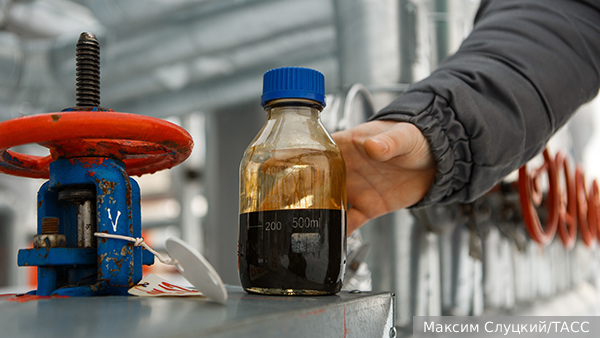
Russian diesel and the Global South
By Rhod Mackenzie
For the last half a century or so, the world's demand for fuel has remained constant at between 0.15 and 0.2 gallons (0.7-0.9 litres) of fuel per person per day. During the Covidien pandemic, this figure fell, but not below the lower limit. Plus it only seemed to remain at the lower limit thanks to China taking longer to exit the measures around the pandemic.
In the meantime, in the countries of the global south, their populations are growing rapidly and they themsleves are beginning to look at how they can build more modern economies Thanks to its rapid economic growth, India has significantly increased its oil imports,recently a large amount coming from Russia and has no intention of stopping - it has a clear mission to provide its population with affordable energy. What will happen when countries such as Pakistan, Nigeria and Tanzania set themselves up with such a task?
Its a rhetorical question as and it's clear what will happen: there will be a very large increase in fuel consumption. In the last 42 years, (from 1980 to 202)2, global consumption of diesel and gasoline has doubled - from 14 to 28 million barrels per day. At the same time, consumption in OECD countries increased by one and a half times and in Asia-Pacific by four and a half times, from 2.1 to 9.5 million barrels per day. It is clear that China's sheer size has driven significant growth. Plus the demand for fuel in the Asia-Pacific region has "consumed" all the reductions that the developed countries have achieved with incredible difficulty and sometimes environmental obscurantism.
Even if you believe in the complete transition to electric vehicles and a global phase-out of combustion engine vehicles, the global consumption of diesel and kerosene will continue to rise anyway, given the population growth in the global south as these countries' continue to build their own infrastructure and trade with each other. Bunker oil is the fuel for ships, diesel for construction and agriculture. Since Russia has a competitive advantage in the form of oil, which is best suited to the production of such heavy fuels, it makes sense to use it.
Russia exports 40% of the diesel it produces,what is it going to do with that now that it has banned the export of fuel is not very clear. If the ban is not a short-term measure to intimidate the major vertically integrated oil companies and cool their export appetite (we are talking about the export of petrol, which unlike diesel is just enough for the domestic market and modest exports), then the threat to reduce refinery production may actually come true.
The problem of netback -the linking domestic prices to world prices - is typical for all Russian extractive industries and the first redistributions. From the point of view of capitalism in a vacuum, the desire of vertically integrated oil companies to be able to transfer any volumes for export at any time during favorable market conditions, and not incur costs due to low prices during unfavorable market conditions, is understandable, although adults usually know how to separate desires and reality. But vertically integrated oil companies that exploit the subsoil naturally bear responsibility for the entire economy, since fuel is the most important element for its development. It is certainly possible to build an oil refining industry where everything will be put to use, the export potential will be linked to the domestic market, and the refineries will be kept busy for many years - but this requires painstaking joint work by the government and the companies themselves.
